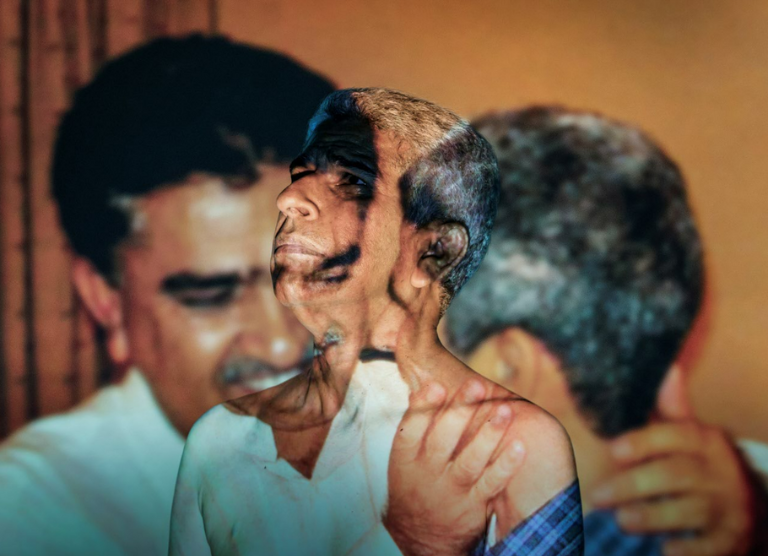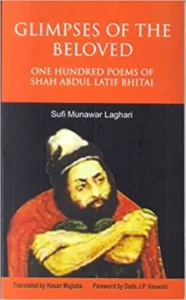In this series, Phillips Manager, Archives and Library Resources Juli Folk and former Digital Assets Librarian Rachel Jacobson explain the ins and outs of how archives work.
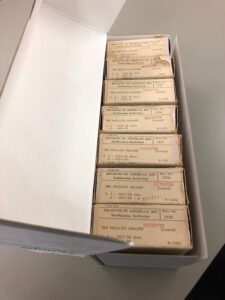
Rolls of microfilm from the Archives of American Art (AAA). These were done so that we could have a copy of the material that the AAA housed for The Phillips Collection from 1979 to 2014. Inside each box is a film of microform which requires a specialized reader.
Welcome to another installment of Archives 101. So far, we have reviewed what an archival collection is, critical steps in archival processing, and finding aids. Now, let’s focus on archival digitization.
Digitization has been a trend in the information science field for decades. One of the early prototypes of digitization was microform, which includes microfilm and microfiche. Microform allowed multiple researchers to view material at once, helped preserve original material, and in some cases reduced storage needs. However, because microform is analog (taking up physical space) they don’t improve accessibility in the same way that digitization does. You must be in person, with the microfilm and a specialized reader, to view the material. Digitized collections can be accessed remotely, as long as you have access to the internet.
Today many archives strive to digitize portions of their collection. This is what The Phillips Collection has done thanks to a stewardship grant from the Institute of Museum and Library Services. Three collections were imaged and are now available on The Phillips Collection’s new archival information management system, ArchivesSpace. In addition to images, the documents were also run through a process called Optical Character Recognition (OCR), which means that you can search for specific terms within a file.
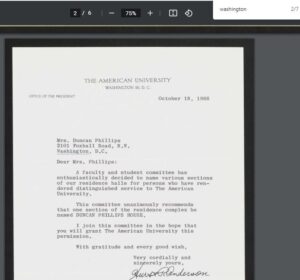
This shows how optical character recognition can pinpoint the term, “Washington.”
Through this project we have expanded our digital infrastructure and hope to make more archival collections accessible remotely in the future.
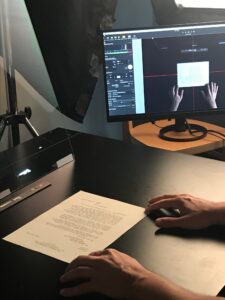
This workstation shows a digital imaging specialist at Pixel Acuity working on one of the two correspondence collections. The technicians imaged and embedded metadata for our three newly digitized collections, totalling close to 10,000 folders. Photo: Hannah Storch, Client Strategy Manager at Pixel Acuity.

